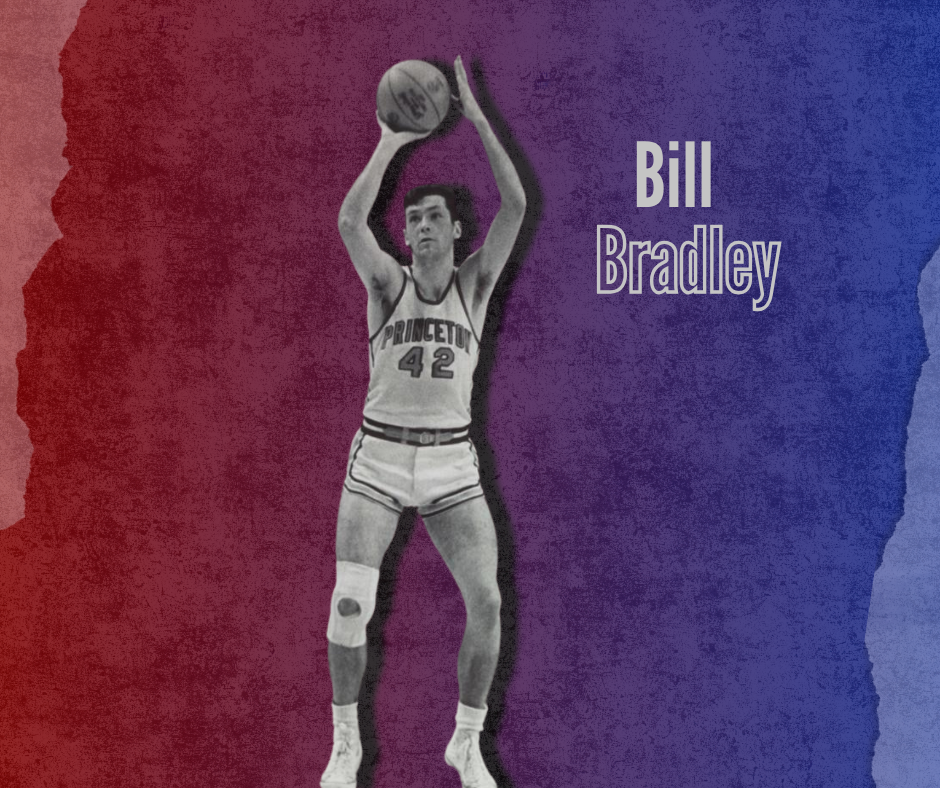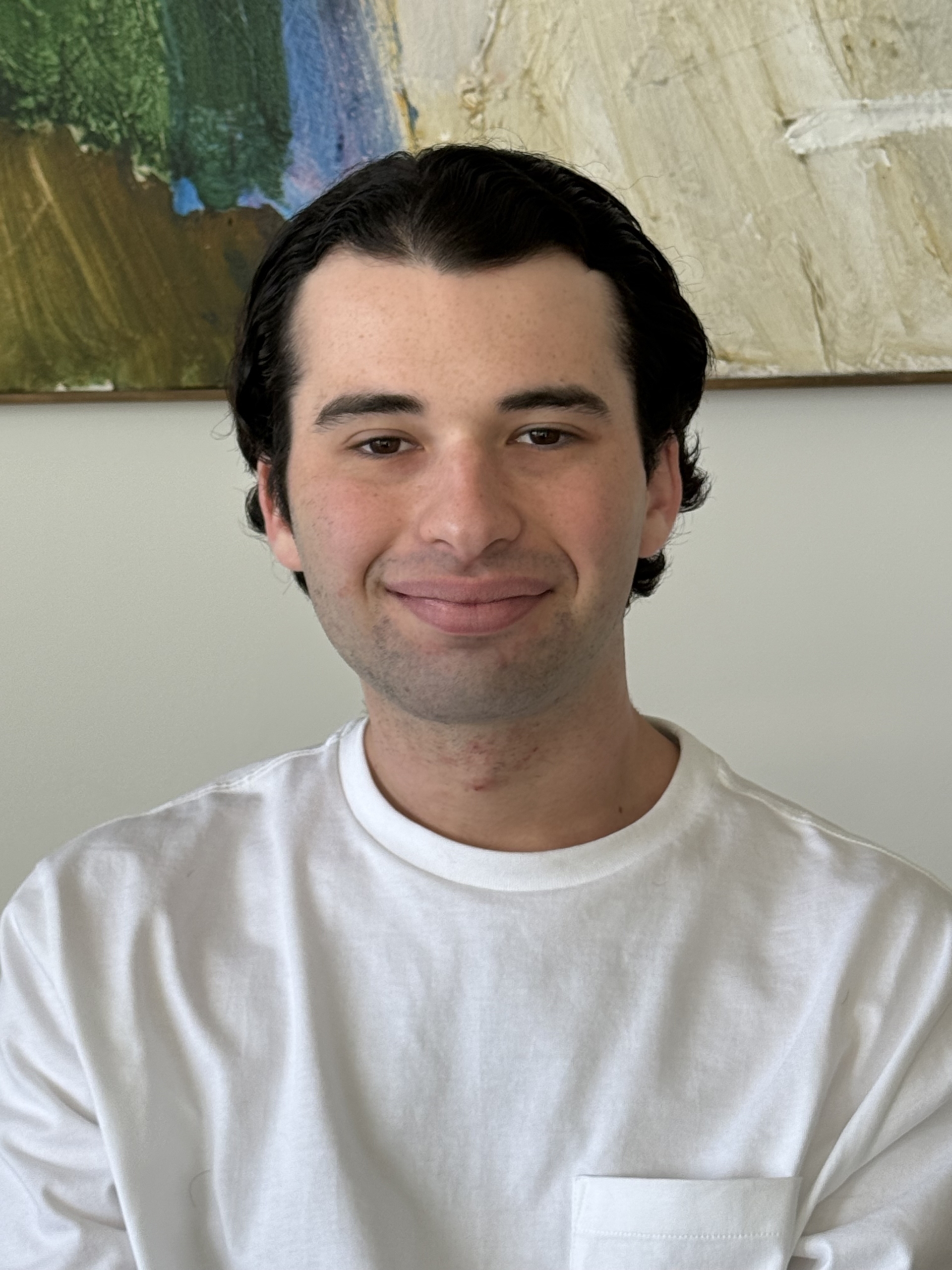A Room Full of Futures and One Unusual Truth
On a warm and windy spring day in May of 1971, more than a hundred of Missouri’s top high school athletes gathered in a conference room at a downtown St. Louis hotel. They were there to be celebrated, to feel the momentum of their own futures, and to hear from one of the state’s most celebrated sons.
As the main speaker began to approach the stage, a murmur moved through the crowd. The room shifted with energy. A tall man entered, imposing at first glance, but with a quiet calm that quickly made the space feel more human. He had the kind of presence that could disarm even the most cynical people in the room. That man was Bill Bradley.
To Missouri, he was more than an NBA player. Bradley had grown up just down the highway and had become a local legend, not just for what he accomplished, but for how he chose to do it. He had once been in the exact same position as the students in the audience. A highly recruited high school athlete who made the unconventional choice to attend Princeton over more traditional blueblood basketball programs. That decision set a tone that Bradley would follow for the rest of his life.
So when he stepped in front of that room full of kids, he skipped the usual congratulations. He skipped the fluffy encouragements. He gave them something harder and something truer.
He gave them what he wished someone had told him.
“As you succeed, more and more people will take sustenance from you,” Bradley said. “While simultaneously they grow further from you personally.”
Then he went further.
“Thousands of people who do not know me use my participation on a Sunday afternoon as an excuse for non-action. As a fix to help them escape their own everyday problems and society’s problems.”
For anyone else speaking to a room of high school athletes, this would have felt jarring. Maybe even defiant. But for Bill Bradley, it was just who he was. He spoke honestly. He spoke directly. He chose people over polish. And when he wrapped up, he left the students with a single word.
What do you do when your success feels like a trap? When being an athlete makes the rest of the world decide who you are before you can figure it out for yourself?
Bradley’s answer: “Rebel.”
From Princeton to Oxford to the NBA. Always on His Own Terms
And he had.
By the time of that 1971 speech, Bradley had already broken just about every mold in American sports. He was a Rhodes Scholar, a Princeton graduate with high honors, an Olympic gold medalist, an NBA champion, and a EuroLeague champion. He had written a dissertation on politics and campaigning. And, just as importantly, he had chosen to delay his NBA debut to study at Oxford. When the New York Knicks drafted him, they had to wait two years while he played in Europe and continued his studies. The Knicks waited anyway. They had pushed hard to keep his territorial rights, outmaneuvering the Philadelphia 76ers for a player they believed would be worth the wait.
Why New York Waited and Why It Paid Off
They were right. Bradley played the next ten seasons with the Knicks, serving as a steady contributor and playing key roles on two championship teams. He averaged 12.4 points, 3.2 rebounds, and 3.4 assists across his career. He was named an All-Star just once. His stats never screamed greatness. But the Hall of Fame called anyway. Between his international dominance, Olympic success, college brilliance, and his role in defining one of the best teams in NBA history, Bradley earned his place in Springfield in 1983.
He didn’t wait around to find out.
The Senator, the Statesman, and the Next Chapter
By the time his name was etched into basketball history, Bradley was five years into a new chapter. In 1978, he had run for Senate in New Jersey. No political experience. No inside game. Just a well-read mind, a gift for communication, and the belief that public service could be just as purposeful as a fadeaway jumper. He won. First the Democratic primary. Then the general election. It was the first time a Democrat had held that seat in nearly forty years.
Bradley focused on reform. He pushed progressive legislation that aimed to expand social welfare programs and reduce inequality. He won reelection in 1984 and again in 1990. In 1996, he stepped away, saying politics had become broken in ways he could no longer help. He was not one for staying too long.
A Campaign of Ideas in a Season That Chose Familiarity
But he came back.
In 2000, Bradley launched a campaign for the Democratic presidential nomination. He ran as a policy-heavy, issue-first candidate. His platform pushed universal health care, gun control, and support for the working poor. He ran to the left of Al Gore, the sitting Vice President, and brought in high-profile endorsements including one from Michael Jordan. His campaign had energy and ideas. It also had problems. He stumbled in Iowa. Then again in New Hampshire. By the time Super Tuesday arrived, Bradley’s path had vanished. He won just 21 percent of the vote compared to Gore’s 75 and failed to carry a single state.
Before LeBron, There Was Bill
Still, the campaign said everything. Bradley never let sports define him. He never believed being an athlete should disqualify someone from thinking deeply or caring about systems beyond the game. He didn’t run to be a basketball player who dabbled in politics. He ran to help.
In many ways, Bradley helped create the model for what we now expect modern athletes to be. A global citizen. A thinker. Someone with range. Today, when LeBron James is asked about a complex political issue and is expected to not just have a take but deliver it with the nuance of a public intellectual, that expectation traces back in part to Bill Bradley. He helped start that arc.
Back in that hotel ballroom in 1971, he told a room of high schoolers something few athletes ever would. That their talent might bring them visibility but also isolation. That the higher they rose, the more they might lose. That the only way to keep themselves whole was to challenge the path being written for them.
He didn’t just say it.
He lived it.
“My goal,” Bradley once said, “is to be a contributing member of society throughout my life.”
And he certainly has been.
Want more like this? Come hang with us here:
Join our newsletter for weekly updates and picks!




